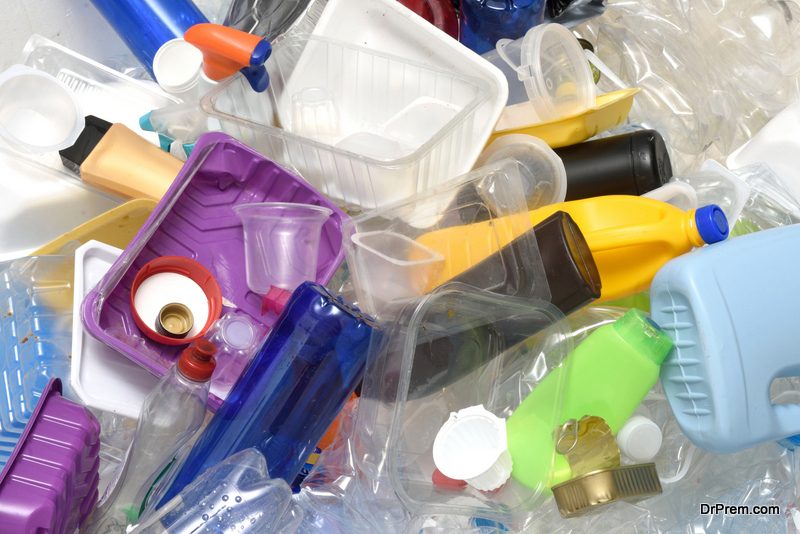Each year, Americans produce 220 million tons of waste – more than any other nation in the world. Not all of this waste is actually trash. Chances are your business is unknowingly contributing to the millions of tons of waste each year by throwing away materials that aren’t actually trash.
Implementing a better waste management strategy will make your company more profitable by reducing unnecessary use of resources and energy. This process begins with implementing waste management protocols specifically tailored for your business.
Cost reduction increases sustainability
 You need protocols that determine the most efficient course of action for each source of waste. Implementing waste management protocols will reduce and eventually eliminate unnecessary use of resource-intensive equipment (and labor) used to process that waste. In turn, a reduction in resource usage means using less energy, and you’ll pay fewer workers for their time. The result is more profit for your business.
You need protocols that determine the most efficient course of action for each source of waste. Implementing waste management protocols will reduce and eventually eliminate unnecessary use of resource-intensive equipment (and labor) used to process that waste. In turn, a reduction in resource usage means using less energy, and you’ll pay fewer workers for their time. The result is more profit for your business.
In other words, by creating and enforcing strict waste management protocols, you become energy-and-resource-efficient, decrease your expenses, and increase your profits.
For an example of how waste management protocols can impact an organization’s bottom line, look at how the medical field handles waste management. For example, Daniels Health achieved a 35% cost reduction for Iredell Health by implementing a system that reduced or eliminated misappropriation.
Iredell Health, a 247-bed hospital in North Carolina, was struggling with segregating pharmaceutical waste. The facility was over-categorizing its waste which caused them to generate four times the national average for similar-sized hospitals. Daniels Health, medical waste management specialists came in to help. They conducted audits to identify the misinformation causing the over-categorization, followed by enforcing new protocols.
Due to the new protocols that separated waste properly, Iredell Health reduced their volume of hazardous waste production, which allowed them to replace all 17-gallon bins with 3-gallon bins. That’s a significant change that came about due to proper waste categorization.
Strict protocols reduce waste starting with proper categorization
Improving waste management begins with an efficient sorting and disposal system. The first thing to do is identify where errors are being made and to create solutions. Like Iredell Health, your employees may not be sorting waste accurately, and you’ll need to perform an audit to find out.
Proper categorization uses less energy
 If you’re in a field where any of your waste needs to be collected, sorted, or processed by equipment, you’re wasting energy each time you process incorrectly categorized waste. For example, if you send all your waste to the trash compactor, and 40% of your waste isn’t really trash, you’re wasting 40% of all energy used to compact your trash.
If you’re in a field where any of your waste needs to be collected, sorted, or processed by equipment, you’re wasting energy each time you process incorrectly categorized waste. For example, if you send all your waste to the trash compactor, and 40% of your waste isn’t really trash, you’re wasting 40% of all energy used to compact your trash.
The same is true for employees who use machinery to process waste by separating certain materials. An inefficient categorization system could mean they’re using equipment to sort items that should never have ended up in the trash in the first place.
Stop wasting your waste
Not all waste is trash. If your company is wasting waste by throwing it all away, you need a better system. For example, if your company is housed in a large office and nobody recycles, you’re paying for a bigger dumpster than you need. You’re also paying for a company to come pick up trash that isn’t trash. It’s a waste of your money. The solution is to improve your waste management strategies and keep non-trash out of the trash.
For this kind of system to work, you need to define what’s trash and what isn’t.
It wouldn’t take much to implement a new waste management policy with your team. Empower your employees with a definitive list to take the guesswork off their shoulders. Make a list of items and materials and designate them as trash or recyclables. Tell them exactly what to do with the waste materials your company produces so they don’t have to try to figure it out. If you need help, contact a waste management specialist to assess your business and implement one of their proven strategies.
Article Submitted By Community Writer




